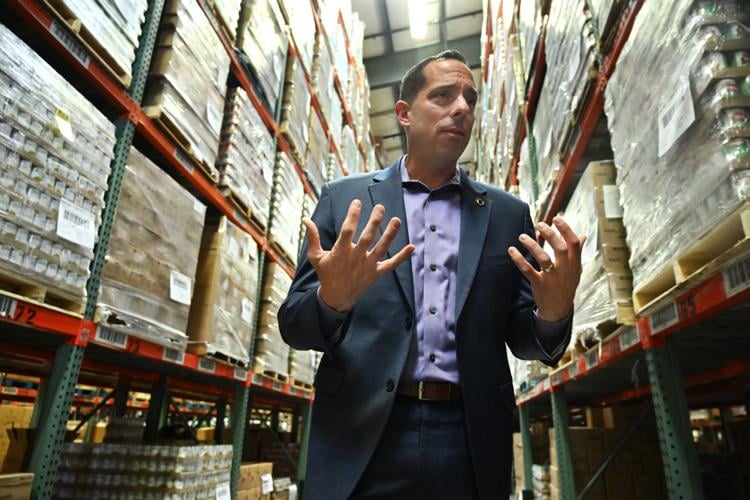The landscape of food assistance in Colorado is on the cusp of significant transformation as federal funding reductions and revised qualifications for the nation’s Supplemental Nutrition Assistance Program (SNAP) are poised to create profound impacts on thousands of Coloradans. State agencies and a network of dedicated nonprofits are now bracing for an overhaul that could reshape the state’s approach to combating food insecurity.
These impending changes carry substantial financial implications for Colorado, with projections indicating a federal dollar reduction of at least $50 million for administrative costs. Furthermore, the state anticipates another $160 million cut to its share of the annual $1.5 billion grocery bill allocated for low-income residents, as outlined by Colorado Department of Human Services Director Michelle Barnes. This fiscal shift highlights a considerable burden being transferred to the state.
An overhaul of the SNAP program, embedded within a new federal spending bill approved by Congress on July 3, mandates that some of its provisions will be implemented as early as October 1. This swift timeline offers little room for extensive preparation, forcing immediate strategic adjustments from the state and its partners to mitigate potential adverse effects on vulnerable populations.
The Trump administration has justified these modifications as necessary steps to shrink the federal government’s size and scope, reduce national debt, and lessen system fraud and abuse. However, for Colorado, these changes translate into significant new costs. By October 2026, the state’s administrative expense share is slated to increase from 50% to 75%, projected to add an extra $50,000 to the state’s annual payment.
Moreover, Colorado’s share of paying for SNAP benefits is expected to rise to 10% of the $1.5 billion it receives, attributed to the state’s “payment error rate” of 9.97%. While the exact financial burden won’t be finalized until next June, the Colorado Department of Human Services, under Michelle Barnes, is actively collaborating with counties to refine application processing and reduce errors, aiming to lower this critical payment rate.
A significant concern among nonprofit leaders stems from the expectation that fewer individuals will meet the upgraded work qualifications, inevitably leading those excluded from the system to seek assistance from other free food programs. This anticipated surge in demand places immense pressure on an already strained network of charitable organizations dedicated to food assistance.
Organizations like Care and Share Food Bank for Southern Colorado, led by President and CEO Nate Springer, have already felt the repercussions of federal cutbacks enacted earlier in March and April. These prior reductions have directly translated into diminished purchasing power for acquiring food at cost, complicating their efforts to maintain adequate supplies for their communities.
The situation is further compounded by the complexities faced by entities such as Benefits in Action, a nonprofit contracting with the Colorado Department of Human Services to aid individuals in applying for public subsidies, including SNAP. Jane Barnes, president and CEO of Benefits in Action, underscores the widespread worry, emphasizing that local agencies like the El Paso County Department of Human Services are awaiting further federal guidance. This uncertainty underscores the challenging environment facing social services as they strive to continue supporting Coloradans through these programmatic shifts.





Leave a Reply